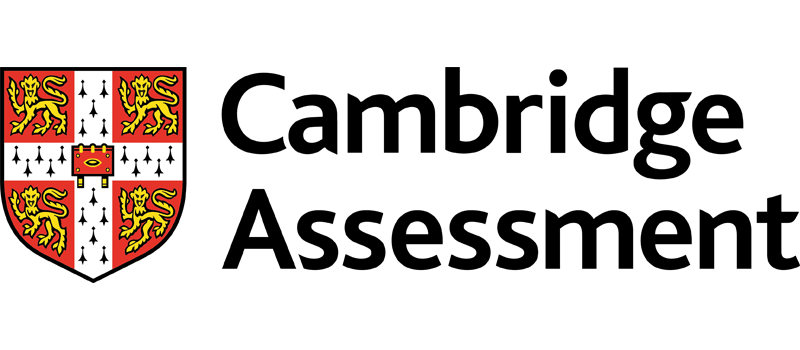Budgeting and forecasting are essential skills for managers at all levels who are responsible for making sound financial decisions and ensuring that their organizations achieve long-term financial stability and growth. These two processes are fundamental components of financial planning and help organizations align their resources with strategic goals. In the context of the ever-evolving business landscape, understanding how to manage budgets and forecast future financial trends is crucial for effective decision-making.
Budgeting involves the creation of a detailed plan that outlines an organization’s financial objectives and the allocation of resources to achieve those goals. It provides a clear framework for managing expenses and ensuring that the organization operates within its financial limits. Forecasting, on the other hand, is the process of predicting future financial performance based on historical data, market trends, and economic conditions. Both budgeting and forecasting are critical for setting realistic financial goals, identifying potential risks, and making adjustments to business strategies in a timely manner.
For managers, mastering budgeting and forecasting is a skill set that goes beyond basic number crunching. It requires an understanding of organizational strategy, the ability to assess financial data, and the capacity to predict how changes in the market or business environment could impact financial performance. These skills enable managers to provide valuable insights to senior leadership, secure resources for strategic initiatives, and monitor the financial health of their departments or organizations.
The process of creating a budget and developing forecasts also involves collaboration across various departments, such as finance, operations, and marketing. Effective communication and alignment between these teams are essential to ensuring that the budget and forecasts reflect the realities of the organization’s operations. A well-crafted budget can empower managers to monitor performance, adjust resource allocation, and track key financial metrics that drive success.
Given the complexities involved in budgeting and forecasting, managers need the tools and frameworks that allow them to manage these processes with accuracy and confidence. This course is designed to provide participants with a comprehensive understanding of budgeting and forecasting techniques, tools for financial analysis, and the best practices for developing reliable financial plans. Through practical exercises, real-world case studies, and interactive discussions, participants will gain the knowledge and skills necessary to confidently manage budgets and forecasts in their organizations.
By the end of the course, participants will be equipped with a deep understanding of the financial planning process and the ability to apply the concepts learned to improve their decision-making and strategic planning capabilities. They will be empowered to take a proactive role in managing their organization’s financial performance and ensuring its long-term sustainability.




















































